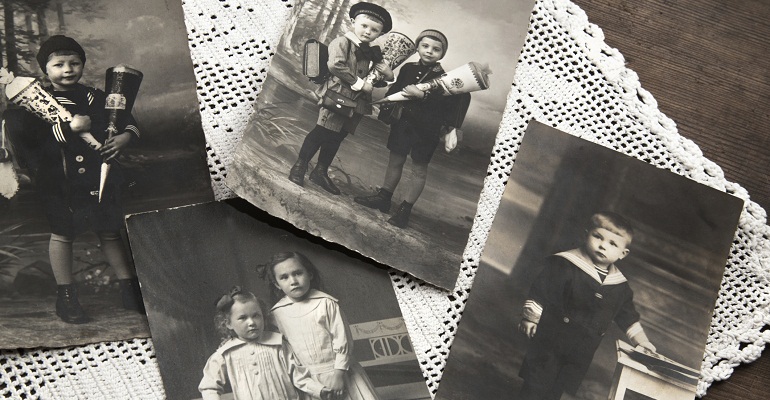All adopted children have both a culture and a heritage. At the point of adoption, most children will change their culture, but not their heritage. Even a child adopted within the United States is most likely changing from one subset of American culture to another. Moving from a Texan or a Korean foster home may involve just as much “culture shock” when the final destination is a Wisconsin dairy farm.
Adopted children bring to their new family their own heritage. In most cases, their heritage will be different from that of the family. Although children will learn, more or less successfully, the culture of their adoptive family, they cannot unlearn or change their heritage. No matter how well the new community accepts an adopted child, that difference will always remain. No matter how much self-esteem the child has, he or she will always be fighting the cultural stereotypes imposed by his or her heritage. How successfully the child changes others’ opinion depends on what the child knows and feels about his or her own heritage.
What is Culture?
Culture is what tells you how to live your life. Culture defines what you expect to eat for breakfast, how you address your boss or your teacher, how close to stand to your friends, how to sit in a chair. Culture involves values. Culture tells you whether your family or your job is more important, who would be a good choice for a marriage partner, and how much skin you can decently expose at the swimming pool.
You learn culture by living it. Depending on the values of your culture, you may lose your job because of your dyed purple hair or you may be considered a valued eccentric who brings a fresh whiff of creativity. You can change your culture (with effort) by living in another culture. The older you are, the harder it is to live successfully in a new culture just because you have so many years of cultural education to unlearn.
What is Heritage?
Heritage is what belongs to you by virtue of your birth. Heritage includes your genetic background, physical features, and ethnic origin; it includes the history of the people who share those features with you. Heritage consists only of facts, but one’s culture may place more or less value on those facts. Whether or not you know or care anything about your heritage, it belongs to you.
Classifying a person solely by heritage is what we call stereotyping. For example, when meeting a Japanese person, there is an almost irresistible urge to assign to that person the characteristics we perceive as “Japanese,” such as obedience, industry, interest in computers, and lack of humor. However, if that Japanese person was born and raised in Iowa, he or she might be a lot more interested in corn farming and Saturday Night Live than in electronics or raw fish. Stereotyping unfairly assigns a person a culture based on his or her heritage alone. It’s the same as considering a young woman air-headed (culture) based on her genetic heritage (blonde hair).
If you are not teaching your child positive things about his or her heritage, where do you think your child is going to learn them? You can depend on the outside world to tell him everything bad, but the good stuff just doesn’t make the headlines. As I learned in a malpractice course recently, “Good things have to be planned. Bad things happen all by themselves.”
Our Parental Role
What about your child’s culture? As adoptive parents, you cannot expect to maintain your child’s culture. It is impossible to teach another culture unless you are living it. Every immigrant group in the United States has mourned the loss of cultural values as their children become Americanized. Only very isolated groups such as the Amish are moderately successful in maintaining a culture different than the surrounding community.
As adoptive parents, the best we can hope to do is learn as much as possible about our child’s culture. This is not our children’s job; we parents have to do it. We may not embrace the values of our child’s birth culture, but we can discover what those values are and show our child why those ideas existed in that time and place. Learning about culture is hard, especially when you don’t have somebody from that culture to help you out. Some of the things parents can do are find adult friends, read novels and stories from the culture, attend services of the religion of the culture. Family reunions, religious meetings, and film festivals are where your children will learn what people think and how they act.
Many of us have no access to our child’s culture, or we may be too threatened by its values to explore it further. However, as adoptive parents, we are obligated to help our children discover their heritage. If you wait for the media, the kid down the block, the admissions counselor at college, or your child’s prospective employer to “educate” your child, your son or daughter is in for a lot of unhappiness. Find out the good stuff; give your child a foundation of pride so he can refute or ignore the bad stuff that is sure to come later.
Parents can teach heritage at home, but it takes conscious effort and it’s work when you first start out. However, you might find yourself absorbed in a completely new hobby, such as my current obsession with fabrics of Asian design. As one of my daughters commented, observing the piles in my sewing room, “You must be very sad, Mom, because you will never be Indian!”

